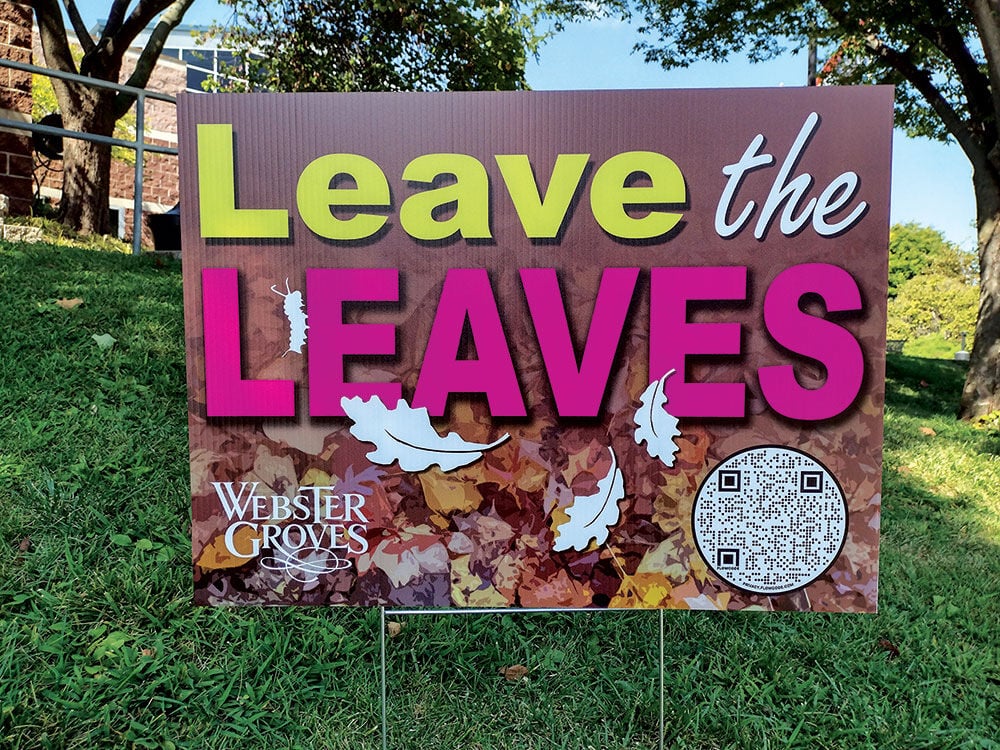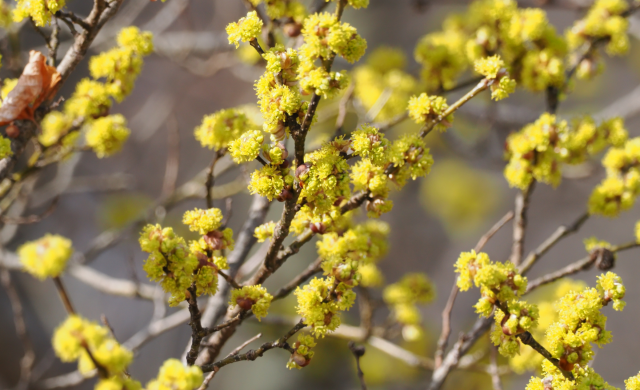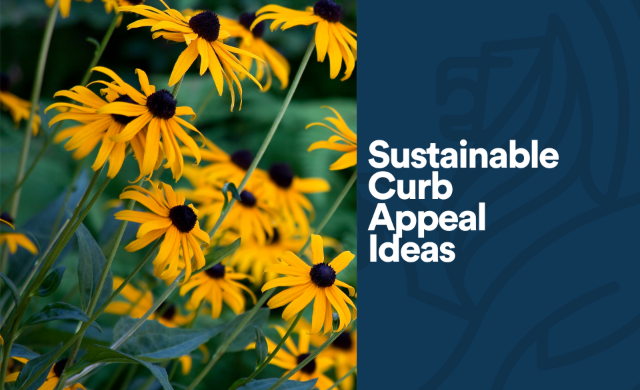Eco-Friendly Fall Yard Maintenance
With the arrival of autumn, many of us are tempted to tidy up our yards and clear away the fallen leaves, believing it to be a necessary step in maintaining a manicured lawn and curb appeal. However, there’s a compelling case for reconsidering this practice and embracing the beauty and benefits that come with leaving leaves in your yard. Before you rush to clean up every fallen leaf, consider adopting eco-friendly practices that not only benefit your yard but also the environment. In this blog post, we’ll explore some tips for a greener approach to fall yard maintenance.
Leave the Leaves
Fall leaves are nature’s gift to your yard. They provide a natural layer of insulation, which helps protect plant roots from harsh winter temperatures. As leaves decompose, they provide natural nutrients to the soil, enhancing its fertility. Instead of raking up every leaf, consider leaving a portion of them in your yard. This will benefit your soil and local wildlife.

Naturalizing
To create a more eco-friendly yard, consider naturalizing it by letting native plants grow freely. Native plants provide habitat and food for local wildlife and require less maintenance, including watering and fertilizing.
Leaf Mulching
Rather than bagging and discarding leaves, try leaf mulching. Using a mulching mower, shred leaves into tiny pieces and leave them on your lawn. This helps in breaking down the leaves faster and enriches the soil with organic matter. The benefits of using a mulching mower include improved soil structure, reduced thatch, and less need for additional fertilizers.
Composting
Fallen leaves can be a valuable resource for your compost pile. Composting leaves, along with other yard waste, kitchen scraps, and garden debris, creates nutrient-rich soil for your garden. It’s an eco-friendly way to reduce waste and enrich your soil.
Limit Chemical Use
Avoid the use of chemical pesticides and fertilizers during your fall yard maintenance. These chemicals can harm beneficial insects, contaminate water sources, and disrupt the natural balance of your yard.
Rain Barrels
Install rain barrels to collect rainwater from your gutters. This harvested rainwater can be used for watering your garden, reducing the demand on municipal water supplies and lowering your water bill.
Mindful Pruning
When pruning your trees and shrubs, follow eco-friendly practices. Avoid excessive trimming, as it can harm the health of your plants. Instead, focus on removing dead or diseased branches to encourage healthy growth.
Wildlife Habitats
Create a friendly environment for wildlife in your yard by incorporating bird feeders, birdhouses, and a small pond. These additions will attract birds, insects, and other creatures, adding biodiversity to your ecosystem.
Importance of Pollinators
Fall is not just about cleaning up; it’s also an excellent time to support pollinators. Leave some late-blooming flowers like asters and goldenrods in your garden to provide food for bees, butterflies, and other essential pollinators.
Educate and Involve Neighbors
Share your eco-friendly fall yard maintenance tips with your neighbors and involve them in sustainable practices. Together, you can create a more environmentally responsible community. Some good local resources include the Missouri Botanical Garden, the St. Louis chapter of Wild Ones, and the Xerces Society.
Consider Rainscaping in your Fall Yard Maintenance Plan
Rainscaping reclaims stormwater naturally using simple techniques to manage and filter rainwater where it falls – the way nature intended. This can be done through any combination of plantings, water features, catch basins, and permeable pavement, among other activities. The MSD Rainscaping Small Grants Program is open! Now ACCEPTING APPLICATIONS on a rolling basis! No specific application deadline.
In conclusion, fall yard maintenance doesn’t have to be at odds with eco-friendliness. By leaving the leaves, naturalizing your garden, embracing leaf mulching, and composting, you can reduce waste and enhance the health of your yard. Additionally, showing consideration for pollinators, reducing chemical use, and conserving water further contribute to a greener, more sustainable approach to fall yard care. Remember, small changes can lead to a big environmental impact, one yard at a time.
Is your fall yard maintenance overwhelming?
If your yard is turning into more than you can or want to handle, please reach out. We have many vendors on our list who have done excellent work for other clients and can provide referrals who work in your neighborhood.



